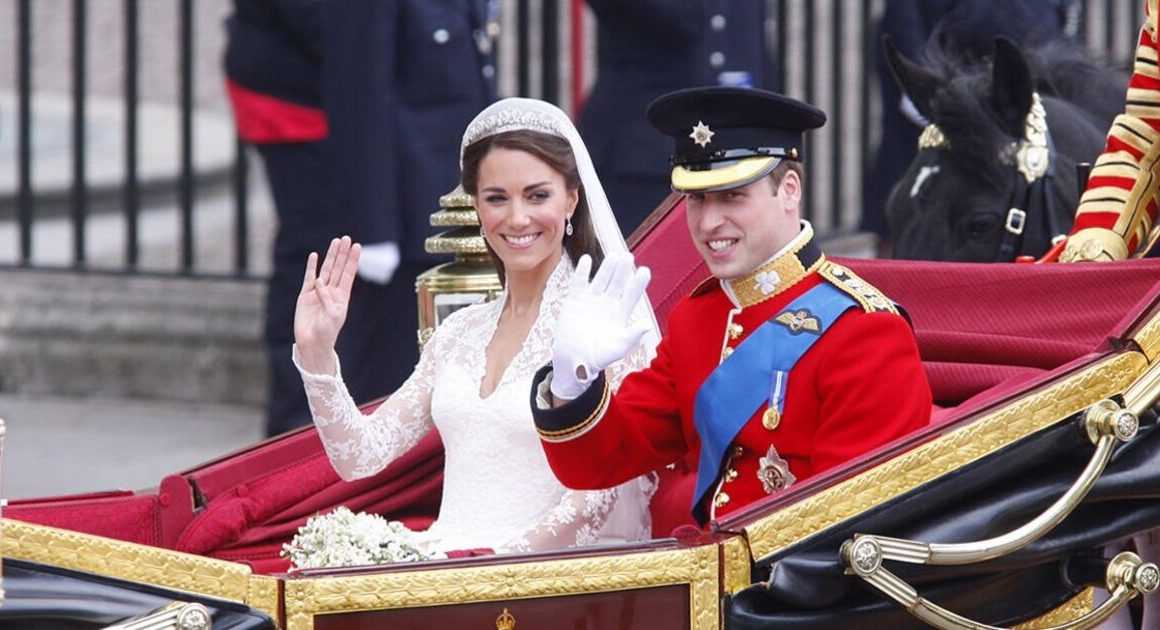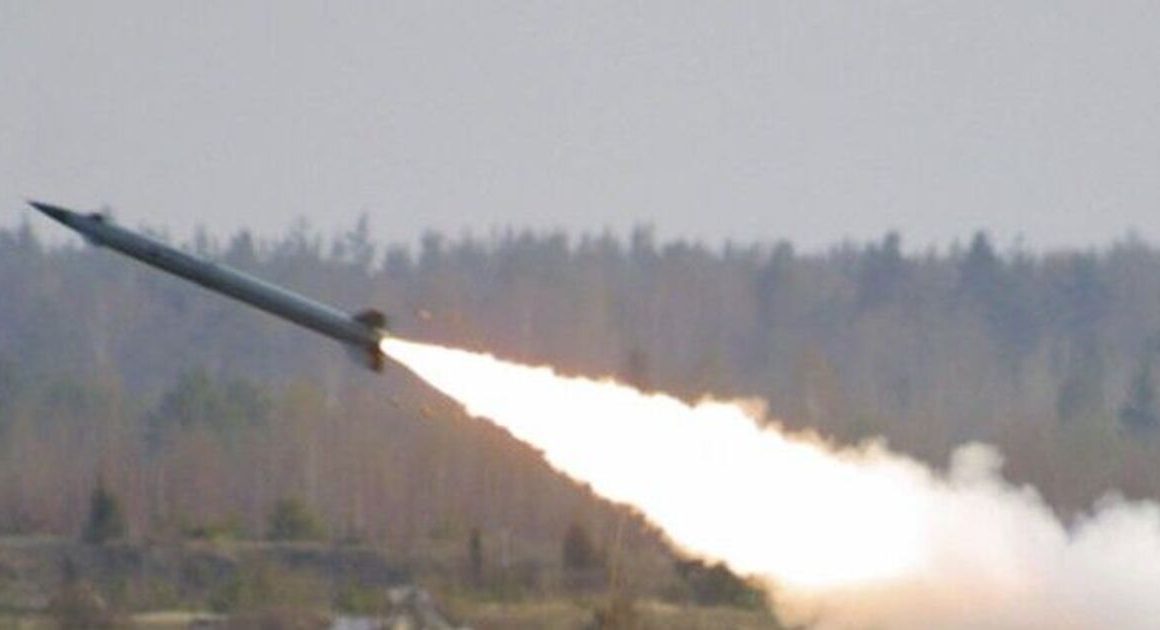As It Happens6:46The US wants to increase taxes on private flyers
U.S. President Joe Biden says he wants corporate and private jet users to pay their fair share by eliminating a tax break that gives them preferential treatment, as well as increasing the fuel tax on private jet travel.
It’s part of a proposed budget that Biden says aims to create a fairer tax system by eliminating breaks for the wealthy.
But Ed Bolen says that’s not the entire picture.
“Business aviation is paying through the fuel tax,” Bolen, president of the National Business Aviation Association, told As It Happens host Nil Köksal. “I think the amount we’re paying reflects our use of the system.”
But Biden believes corporate and private jet users should pay more.
According to the Biden administration, private jet users contribute just 0.6 per cent to the federal Airport and Airway Trust Fund, despite representing seven per cent of the flights in the U.S.
His proposed budget would raise the tax on jet fuel from 21.8 cents US per gallon to $1.06 US per gallon over the next five years. Biden says that money would go to finance investments in airports and airway systems.
The second proposal would increase how long it takes for businesses to write off private jets from five to seven years, aligning them with commercial airplanes for airlines.
The budget would need to be approved by congress for the proposals to happen.

Push for change
Private jet use has been flagged by environmental activists as damaging to the environment. The Intergovernmental Panel on Climate Change estimates that domestic and international aviation accounts for approximately two per cent of global CO2 emissions produced by people.
Chuck Collins, a researcher at the Institute for Policy Studies, says public pressure has been pushing politicians to look closer at the use of private jets.
“I think more people understand private jets as kind of a symbol of excess and luxury that has costs to the rest of us,” said Collins, who has authored multiple reports on private jet use.
In a 2023 study, Collins found that all non-commercial aviation make up one in six of all flights in the U.S.
Collins says that the proposals made by Biden would capture some of the real costs of private jets, but he doesn’t believe they would actually deter private jet use.
“It’s totally a step in the right direction, and the first step is to get a private high fliers to pay the real cost of their luxury transportation,” said Collins.

Not just celebrities
Bolen says these proposed changes wouldn’t just affect the private jets of the rich and famous. He calls that a “caricature” of the industry.
Instead, he says it’s having an oversized impact on small and medium-sized businesses that use corporate jets, which he says makes up 85 per cent of corporate jet use in the United States.
“When you look at the business aviation industry, what you will see clearly and unequivocally is that this is an industry that employs over a million people, including manufacturing jobs, pilot jobs,” said Bolen.
Bolen says corporate jets aid in economic development to places that don’t have great commercial service, and helps companies be efficient and productive.
Collins also co-authored a report that took a targeted look at Laurence G. Hanscom Field in Massachusetts, a public airport servicing private flights. There, a group of private developers are requesting approvals to triple the private jet capacity.
After analyzing the flight data of a year and a half of travel there, Collins says he found 51 per cent were luxury and recreation flights.
“This whole idea that this is sort of some sort of business aviation function, that’s how the industry likes to have you think about it,” said Collins.
“But in fact … especially since the pandemic, it’s a lot of people just going to exotic recreation destinations.”

IRS audits
Biden isn’t the only one in the U.S. targeting corporate and private jets. In February, the U.S. Internal Revenue Service (IRS) announced it would begin dozens of audits on business aircraft involving personal use.
“These aircraft audits will help ensure high-income groups aren’t flying under the radar with their tax responsibilities,” said IRS Commissioner Danny Werfel in a statement.
Collins says that while Biden’s proposals would fall if his budget isn’t approved, he expects mounting public pressure will push lawmakers to continue to look at changes.
“I think the pressure will keep building. I think President Biden’s proposal was a reflection of public, public opinion,” he said.










